Introducing the New 2017 Team

Happy 2017, fellow ethnomusicologists and music scholars! My name is Otto Stuparitz and I am excited to become the Editor-in-Chief for Volume 21 of Ethnomusicology Review. Being involved with the journal as an associate editor for two Sounding Board sections and as part of the Editorial Board, I appreciate the importance of having an enthusiastic team of editors to co-create with me as we put together a new volume. I am also excited to continue expanding the possibilities for our Sounding Board such as last year’s Special Issue connected with the fund raising event in Washington DC this past November. We also have a number of forthcoming translation projects of our Sounding Board articles and reviews.
This year we will continue our busy reviews section, features, and announcements as well as accept submissions for Journal Volume.
The Journal Volume will go to press in November. The deadline to submit is March 6th, so please send us your work for consideration. We accept posts for the Sounding Board on a rolling basis. Submission guidelines can be found to the right of this page.
This year we have a number of new staff members who will be taking charge of sections of the Sounding Board and our Journal Volume. I will introduce both them and our continuing staff below.
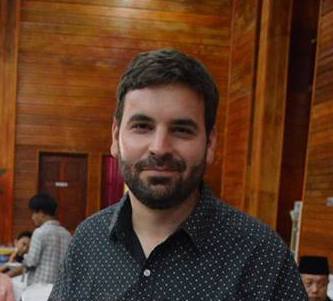
Otto Stuparitz is the Editor-in-Chief of Ethnomusicology Review and a Ph.D. student in UCLA’s Department of Ethnomusicology. He is a Chicago native and received his B.A. in music history from the University of Illinois at Urbana-Champaign where he researched aesthetics and distribution networks in the local Urbana-Champaign recording studio scene. For his master’s project, he wrote about the pedagogical methods of Balinese gamelan gong kebyar teachers and the relationship with time, economics, and value. He has now expanded his research to include the history and contemporary practice of popular and jazz music in the Indonesian archipelago.
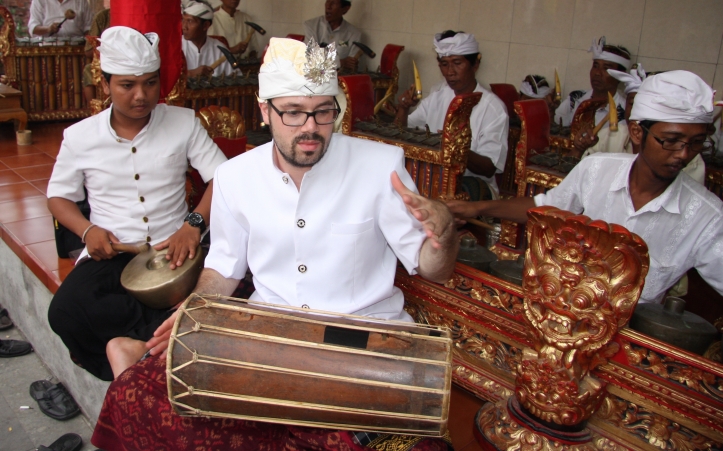
Tyler Yamin is the Managing Editor for the Journal Volume and a second year graduate student in UCLA’s Department of Ethnomusicology. Coming to UCLA from the California Institute of the Arts (M.F.A. Indonesian Music and Dance ’12), Tyler has extensive experience teaching and performing gamelan music in both America and Indonesia. His current research project, focusing on the personhood of musical instruments, draws on a longtime association with the musicians of Kamasan village, Bali, and involves both non-anthropocentric approaches to metaphysics and the revival of a previously extinct form of Balinese music.
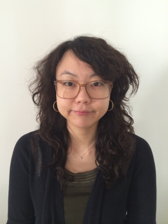
Rosaleen Rhee is the Managing Editor of Sounding Board and a graduate student in the UCLA Department of Musicology and the Urban Humanities Institute Certificate Program. She completed her B.A. in Music at Brown University, and received an M.A. in Museum Studies from the University of Washington. Her current research focuses on the folk music scene in Seoul, Korea during the 1960s and 1970s and questions how musical practices are shaped by urban redevelopment and government censorship. Her interests include music and multimedia, critical race studies, and mapping.
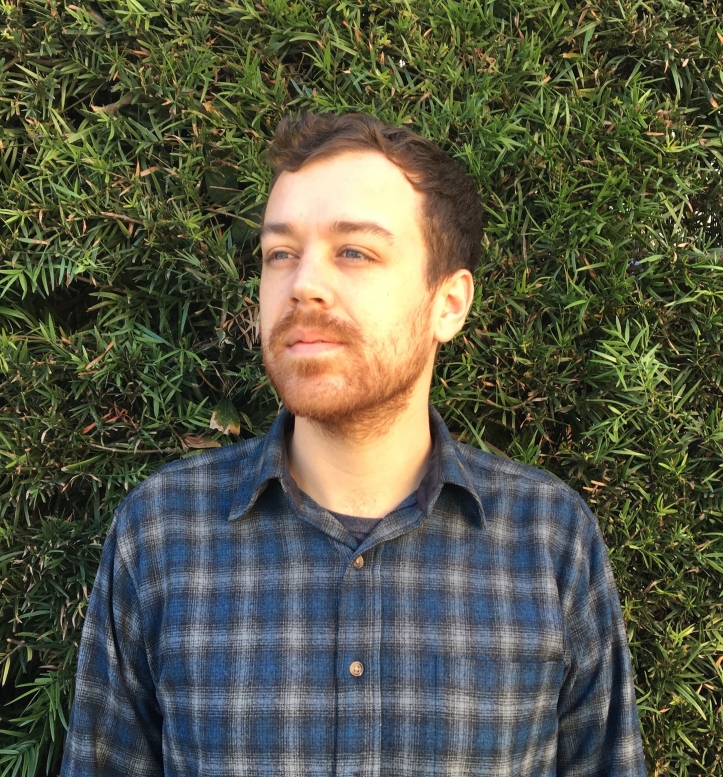
William Matczynski is the Reviews Editor and a Ph.D. student in the Department of Ethnomusicology at UCLA. He holds a B.A. in music, anthropology, and African studies from Macalester College in St. Paul, MN. His research interests include theory and history of anthropology, political economy, popular culture, and media in West Africa. His current research focuses on music, sound, and media in the Ga-Mashie community of Accra, Ghana, tracing the intersections of ethnic minority, urban space, and the Ga Homowo Festival. As a percussionist and guitarist, he performs traditional music from Ghana and Nigeria and studies highlife and soukous guitar styles.
Associate Editors of Sounding Board
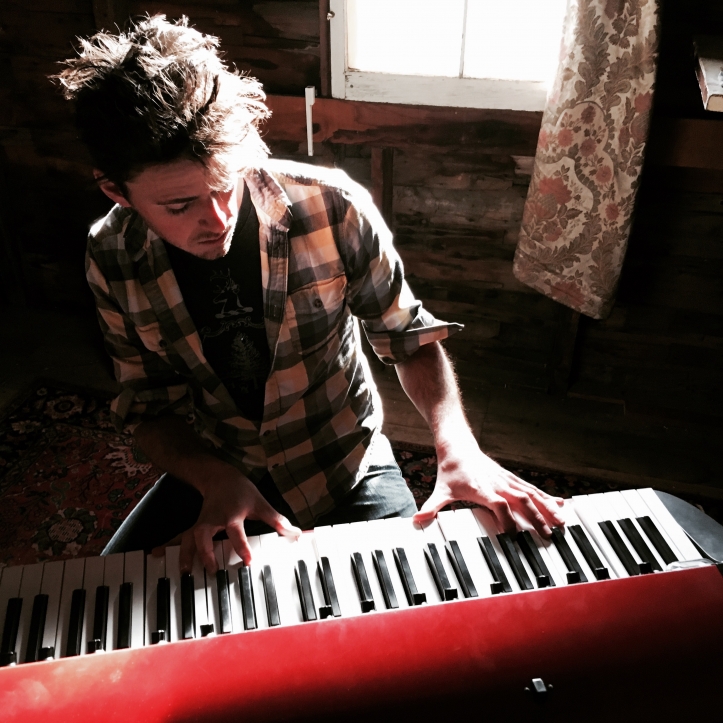
Ben Cosgrove curates Ecomusicology. Ben is a multi-instrumentalist and touring composer/performer whose work focuses on the human experience of landscape and place. He graduated from Harvard College in 2010 and has held fellowships and residencies with the National Park Service, the National Forest Service, the Vermont Studio Center, the Sitka Center for Art & Ecology, Middlebury College, and the Schmidt Ocean Institute. More about him can be found at www.bencosgrove.com.
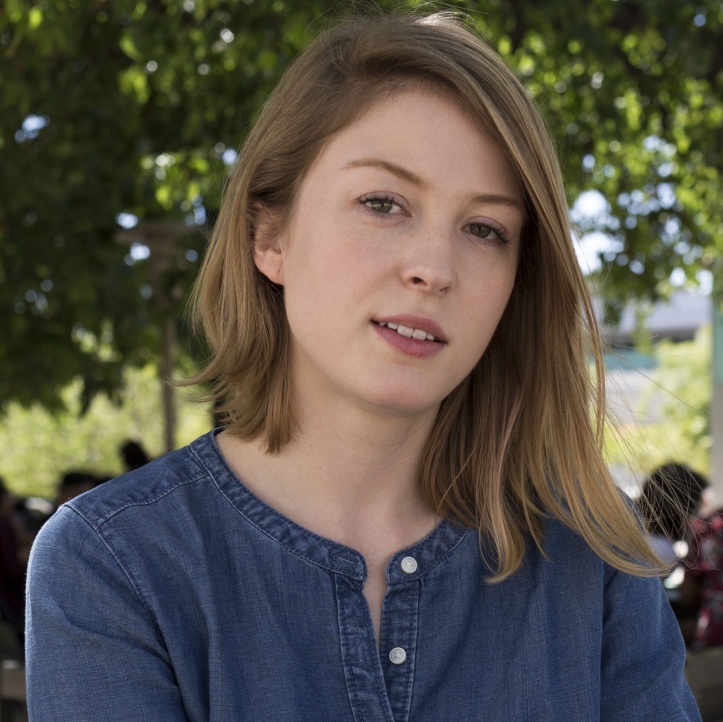
Andrea Decker curates Crossing Borders. She is a Ph.D. student in ethnomusicology at UCR. Her research focuses on popular music and entertainment media in Indonesia, with emphasis on women’s private consumption of media. Her study background includes vocal music, political science, theatre, and folklore, and so she approaches music from a trans-disciplinary perspective. She sings with the UCR Chamber Singers as well as performing with the gamelan and playing tabla.

Maureen Russell curates From the Archives and informs us about the contents of UCLA’s expansive Ethnomusicology Archive. She is head of cataloging and archivist at the UCLA Ethnomusicology Archive, one of the largest and oldest ethnographic audiovisual archives in North America. She is an active participant in a variety of campus and professional organizations. She was three-time president of the UCLA Library Staff Association, president of the UCLA Graduate School of Library and Information Science Alumni Association and twice chair of LAUC-LA (Librarians Association, University of California, Los Angeles).

Molly Jones curates Space is the Place. Molly is an improviser and composer. She is a member of Polyfold, an experimental music collective based in Detroit, and takes an interest in the AACM, Black Artists’ Group, and other efforts to promote improvised/free/creative/Great Black music. As an M.F.A. candidate in Integrated Composition, Improvisation, and Technology (ICIT) at the University of California, Irvine, her thesis work incorporates conduction, video, and interactive sampling.

Samuel Lamontagne curates Notes from the Field. He obtained his Anthropology master from EHESS, Paris, and is now a Ph.D. student in ethnomusicology at UCLA. His researches focus on the electronic music scenes in Los Angeles, and on audio-technology in its relation to musicians' creative processes. In close relation to his researches, he has been composing music and sounds using computers and diverse electronic devices. He recently created an immersive soundscape for Le Festival de l'Imaginaire, and the music for a dance performance at Los Angeles Contemporary Exhibitions (LACE).

Pablo Infante-Amate curates Bring the Noise. He is a Ph.D. student in Music at the University of Oxford. His research explores the recent birth of a digital music economy in Equatorial Guinea, and how this has been facilitated and hindered by a combination of two key events: the discovery of large oil reserves in the mid-1990s and the introduction of digital technologies starting from the early 21st century. Pablo holds degrees in music education, percussion performance, and music history from several Spanish universities, and recently completed his M.A. in Ethnomusicology at UCLA with the support of a Fulbright scholarship. He is the recipient of a 2017 British Forum for Ethnomusicology Fieldwork Grant.
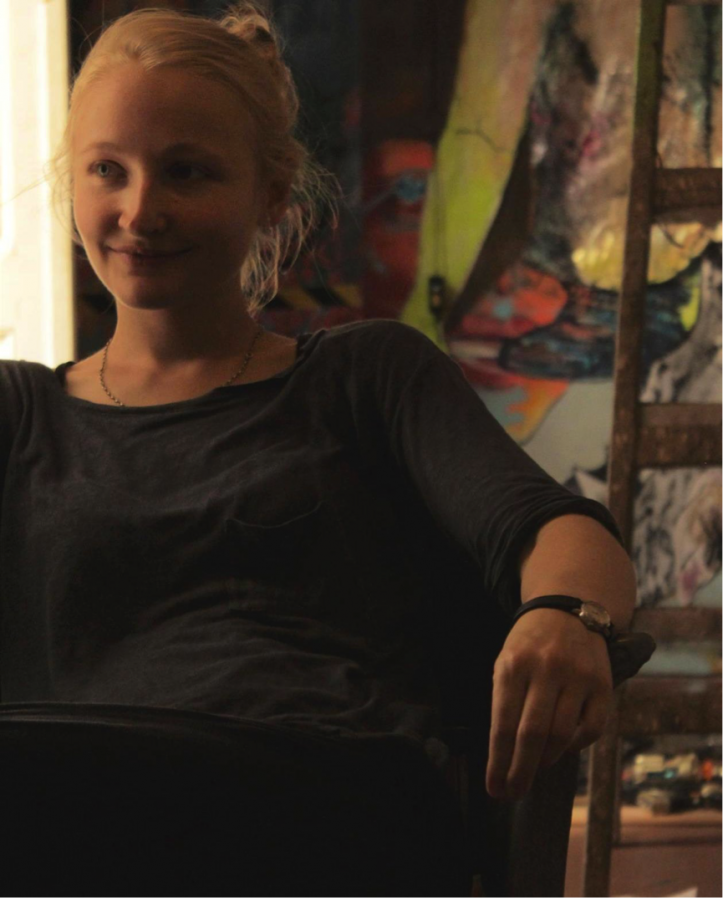
Sophie Frankford will be taking over Bring the Noise this spring. She is a graduate student at the Institute of Social and Cultural Anthropology, University of Oxford. She holds an undergraduate degree in music from King’s College London and a master’s degree in Modern Middle Eastern Studies from Oxford. She is interested in popular music of the Middle East, and her current research focuses on contemporary music in Egypt.

Gabriel Lavin curates Historical Perspectives. He is a first year graduate student in UCLA's Ethnomusicology Department. In addition to playing the ud and guitar, his research interests are Indian Ocean history with a focus on the musical traditions of the Arabian Peninsula. He lived, traveled, and performed throughout the Arab world in the years leading up to his recent arrival in Los Angeles.
Thank you to all past editors, especially Rose Boomsma and John Widman, who led the journal for the past two years as Editor-in-Chief and Managing Editor!





